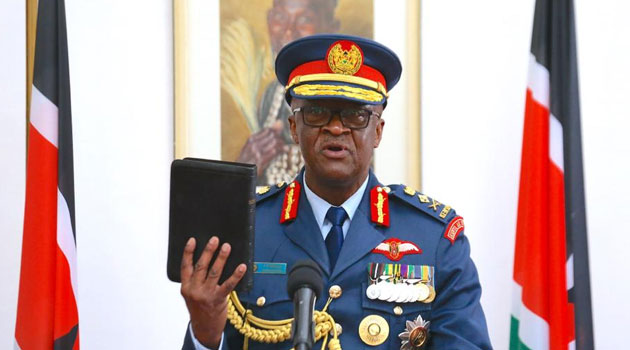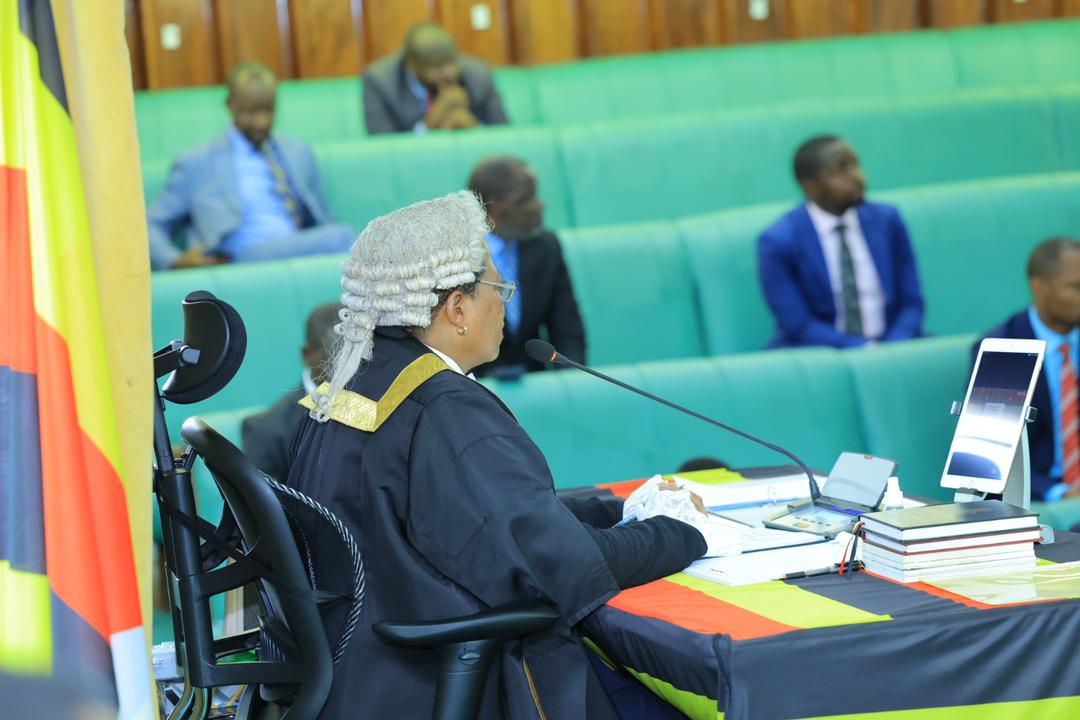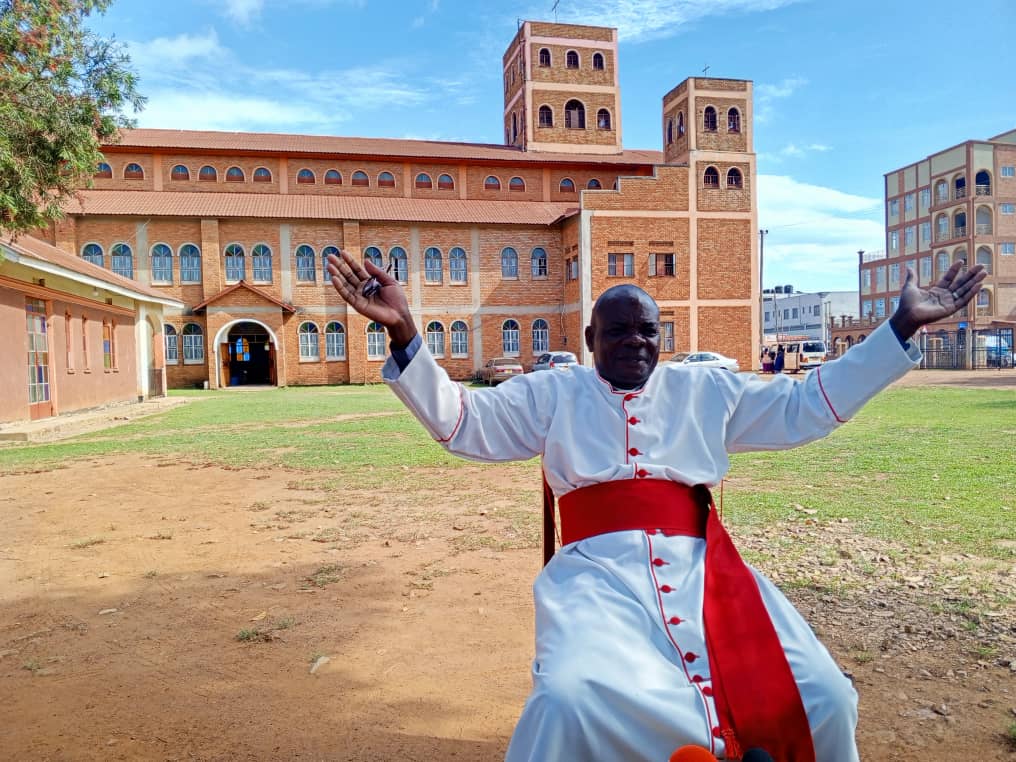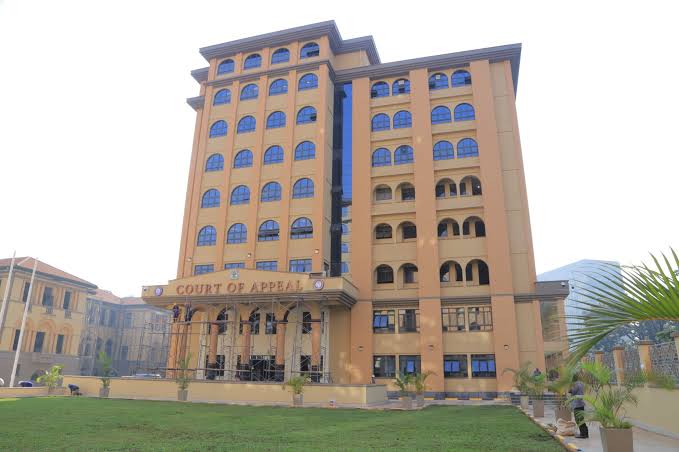Opondo: Archbishop Lwanga, Katureebe and Bamugemereire are all reading from the "book of lamentations"
Ofwono Opondo
Two vocations, the Church, and Courts of law, led mostly by men, with medieval wigs and robes, seem to be tumbling apart, and down due to declining official and public trust.
Early this week, Kampala Archbishop, Cyprian Kizito Lwanga, cried out loud asking government to help him deduct tithe from salaries of his Christians and remit to the church.
In doing so, Lwanga, inadvertently acknowledged church failures, but even God, wouldn’t approve this ridiculous idea.
Then, came, the media outburst, by Court of Appeal Judge, Catherine Bamugemereire, Chairing the Land Probe Commission, against the judiciary, over what she described as unlawful, fraudulent and often highhanded evictions by powerful people exploiting the courts.
But somehow, instead of being revolted into taking strong corrective action, Chief Justice Bart Magunda Katureebe, got engaged in unhelpful counter complaints about the forum (media) in which the matter was raised.
It is interesting that Katureebe is doubtful of the accusations against judicial officers when he knows that many of them have been or indeed are still under investigations, including one who was never allocated any case files until he retired.
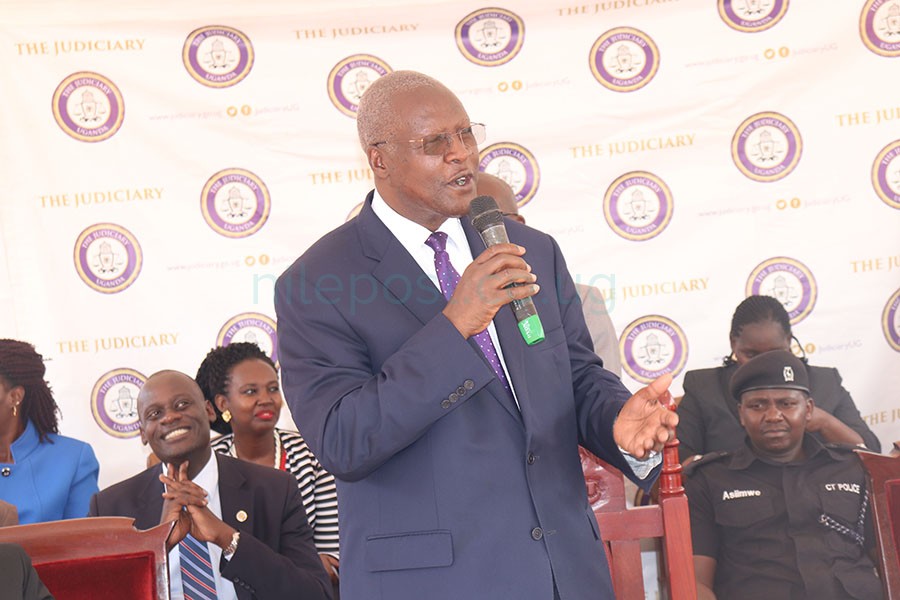 Bart Katureebe
Bart Katureebe
It is also public record that some judges, especially those who previously served as registrars, left behind a checkered record, although through connections got kicked upstairs.
And if in doubt about these accusations, Katureebe should acquaint himself with the sheer number and nature of cases before the Judicial Service Commission chaired by Justice Benjamin Kabiito.
However, judicial officers under investigation know that the process to hold them accountable is oblique, opaque, tedious, lengthy and expensive for ordinary people to undertake, which has bred impunity and arrogance.
The greed by some judicial officers, lawyers, and business people doesn’t permit them to realise how much they are pushing the country over the cliff, and threatening countrywide instability and national insecurity.
If the prevalent public outcry isn’t sufficient, at least, Bamugemereire’s outburst should make the judiciary to seriously reflect on the conduct of some of its officers.
For the record, all corruption surveys in past decades, indict the judiciary and Uganda police as being the most corrupt and less trusted, and routinely interchange leading positions.
In all the instances of brutal evictions, where masses have been rendered homeless, there is always official judicial instrument in form of a court order, favouring rich individuals against the poor.
It is hard to recall any recent case where a judicial decision favoured the poor.
Often, in land and property wrangles, evidence isn’t evaluated properly and execution enforced hurriedly, leaving sour taste, destruction and blood along its trail.
In addition, in almost all cases, judges hear cases, but decisions are usually left to low level registrars to read out to litigants, and eviction orders issued at short notice.
Therefore, Bamugemereire is right to make public outbursts before handing over her report because judicial officers have continued to be ludicrous on land matters, even when they know official inquest is ongoing, as if their purpose is to defeat arbitration, administration and substantive justice.
The president authorised land inquiry because he had heard and received many cases of infractions but which were mishandled by local councils, police, and courts who are ordinarily deemed to be the custodians of justice.
This now leads me to Archbishop Lwanga’s lamentation over tithe.
At first reading, many thought the media had grossly misrepresented Lwanga, proposing that government deducts tithe from the salaries of Christians, and remit it to the church.
 Archbishop Cyprian Lwanga
Archbishop Cyprian Lwanga
Firstly, Lwanga has been leading a crusade that continues to advocate that church matters shouldn’t be audited by civil authority, unless he has now changed, which would be good.
But be that as it may, time is long gone when God was said to be omniscient, omnipotent, omnipresent, and supernatural.
Lwanga like most religious leaders spend most of their sermons preaching about money for the church, rather than productivity and wealth into the pockets and households of their congregations.
It should be shame that old churches continue to pick even from the poor and vulnerable without correspondingly giving back.
It sends me wondering if indeed there is God, or if churches are buildings with a Cross on their roof top.
The earliest function of religion was to explain natural phenomena that primitive man could not otherwise understand like caves, hills, forests, rivers, seas, lightening, storms, volcanoes, and mountains as caused by natural forces that were attributed to deities.
Today, with the progress in science these can be explained, God is no longer required to explain them. The printing press spread the written literature, and the bible ceased being monopoly of priests, as everyone read the word, destroying the myth with which ancient societies were held hostage.
Ongoing reports from the US, Latin America and Australia, that Catholic priests have been engaged in widespread pedophile and embezzlement, but that the church took refuge, in the ancient Roman legal principle of testis unus, testis nullus (one witness is no witness), doesn’t help Lwanga’s cause back here.
It is time the Churches opened their books to public scrutiny, otherwise no taxation without popular and effective representation.
The author is executive director of the Uganda Media Centre.








